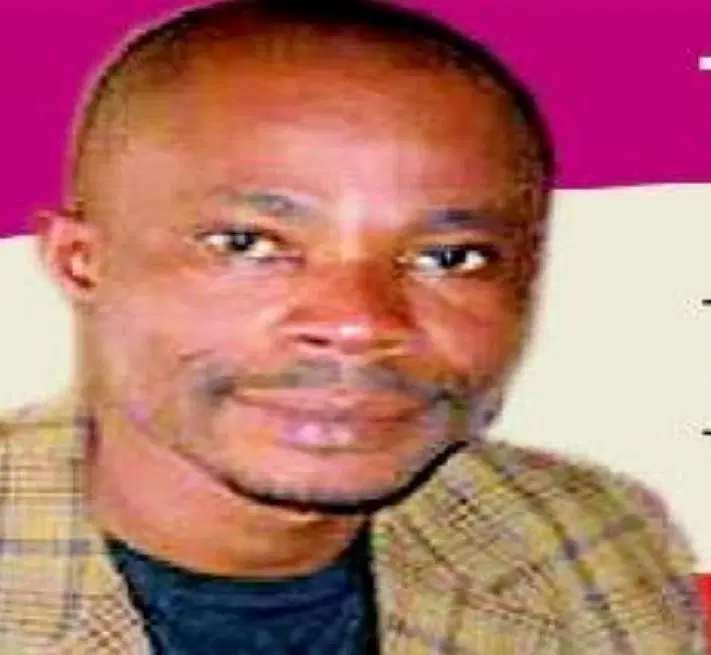An hour before I began drafting this piece, President Bola Ahmed Tinubu delivered a nationally broadcast address commemorating Nigeria’s 64th Independence Anniversary. As anticipated, his speech served as a motivational talk, urging Nigerians to maintain hope amidst the economic, social, and political turmoil that has followed the reforms initiated by his administration. While his address aimed to paint a picture of a brighter future for Nigerians, it was marred by unnecessary remarks that detracted from the gravity of the occasion.
Unwarranted Remarks Amidst National Challenges
Specifically, I refer to the announcement of national honors conferred upon prominent figures: the President of the Senate, Godswill Akpabio; his deputy, Barau Jibrin; the newly appointed Chief Justice of the Federation, Kudirat Kekere-Ekun; and the Speaker and Deputy Speaker of the House of Representatives, Tajudeen Abass and Benjamin Kalu. While it has become a customary practice to award national honors to appointees in such positions, the timing and context of this announcement seemed misplaced, especially considering the current hardships faced by many Nigerians.
It is crucial to question what accomplishments these individuals, particularly Justice Kekere-Ekun, who has been in her position for only a few days, have achieved to merit such prestigious recognition. This raises a valid point: should honors be conferred upon officials before they have had the opportunity to demonstrate their capabilities in office? It is more appropriate to award such honors after a thorough assessment of their tenure, rather than as a form of premature recognition.
The Cheapening of National Awards
Bola Tinubu is not the first leader to adopt this practice, as previous administrations have similarly conferred honors upon newly appointed officials. However, this trend diminishes the significance of national awards. Rewarding individuals for positions they occupy rather than their actual contributions to society is akin to giving someone an advance bonus before they have completed their work.
This practice raises concerns about the integrity of the honors system, especially when those receiving awards have pending corruption cases or questionable credentials. How many individuals with national honors have subsequently faced legal issues or investigations? This situation begs the question: where is the honor in such actions?
The EFCC and Its Challenges
This brings us to the Economic and Financial Crimes Commission (EFCC), led by Ola Olukoyede, who was appointed chair of the Commission a year ago. His tenure has been marked by controversy, particularly concerning his first significant challenge involving former Kogi State Governor Yahaya Bello. Following the conclusion of Bello’s tenure, it was expected that he would face the EFCC, as is customary for outgoing governors. However, Bello evaded the Commission’s overtures and went into hiding, demonstrating a pattern of avoidance that reflects poorly on the integrity of public officials.
Olukoyede’s frustration with Bello’s refusal to cooperate was evident, as he expressed his willingness to resign if Bello was not brought to justice. This incident highlights the challenges faced by the EFCC in carrying out its mandate and the perception of a lack of accountability for those in power.
A Call for Accountability
The events surrounding Bello’s case and the perceived leniency towards high-profile individuals raise pressing concerns about the efficacy and impartiality of the EFCC. The Commission’s recent decision to drop money laundering charges against controversial figures, such as Brobrisky, only adds to the public’s skepticism regarding its commitment to fighting corruption.
In summary, President Tinubu’s Independence Day address attempted to inspire hope amidst adversity. Still, the inclusion of seemingly irrelevant remarks, particularly regarding national honors for appointees, detracted from the gravity of the occasion. Furthermore, the ongoing challenges faced by the EFCC and its interactions with powerful political figures reveal a need for greater accountability and transparency in Nigeria’s fight against corruption. It is imperative that as a nation, we strive for integrity in our leadership and in the institutions meant to uphold justice and fairness.

